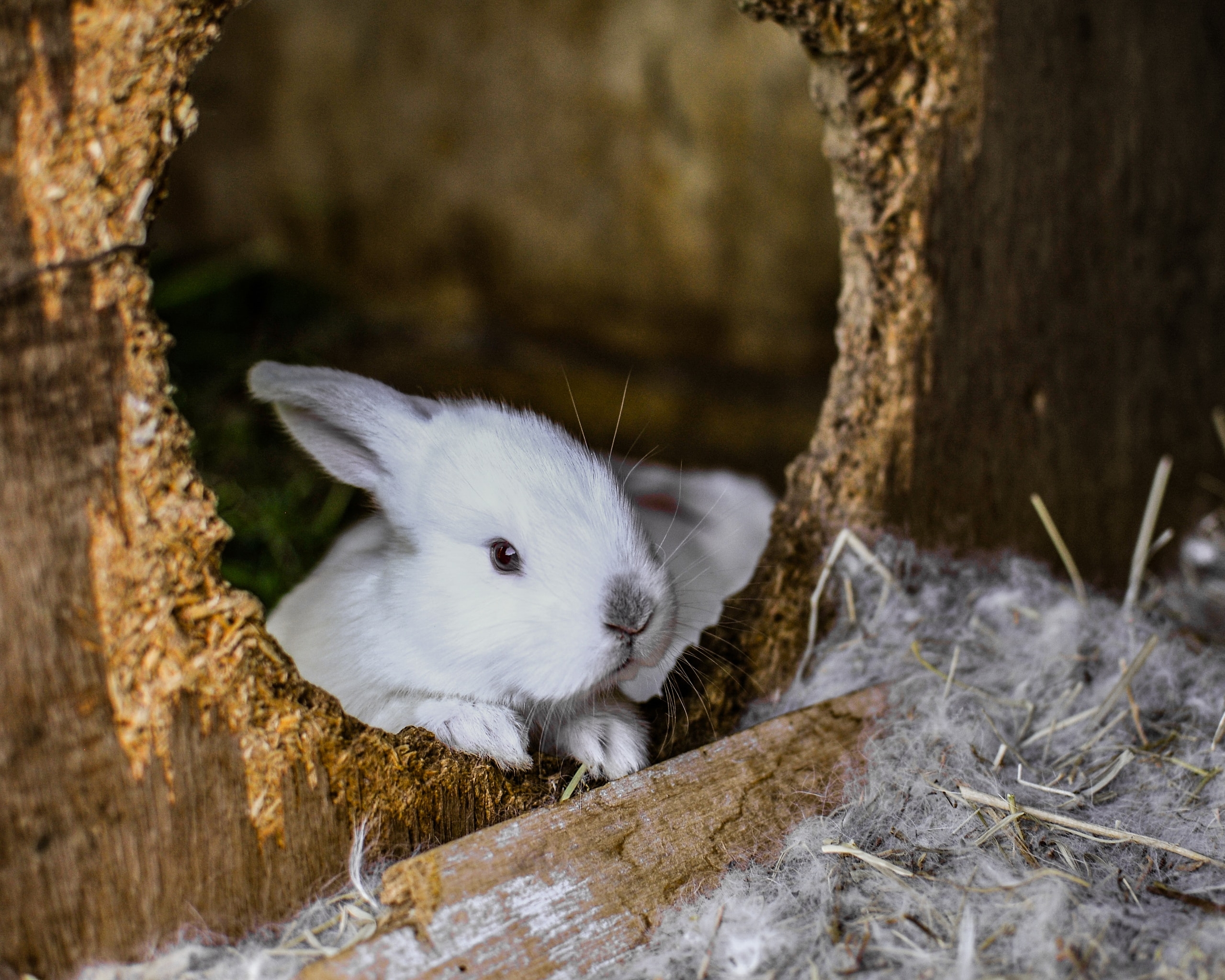Unusual Outdoor Threats to Protect Your Pet From


Summer season is the most awaited season of the year, as it means you can indulge in fun activities with your pets outdoors and take in the sun and fresh air. That includes playing around at the beach, going for a scavenger hunt in the woods or hanging out at the park. There are so many outdoor activities that you can do with your pet! But the outdoors are not always the safest place for your pets. From getting at odds with bees, getting a heat stroke and running into scary ticks, pets can encounter some unusual threats that can be dangerous for them. Aside from these well-known threats, there are two other lesser known threats that Country Club Animal Clinic wants to remind pet owners to be aware of this summer.
1. BLUE-GREEN ALGAE
The blue-green algae is a microscopic bacteria found in freshwater ponds, lakes or marshy areas. These bacteria are responsible for producing toxins that can poison livestock, people, and pets upon ingestion or because of swimming in the algae contaminated waters. The bacteria colonize and bloom which makes it blue-green. Water that is infected with the blue-green algae may appear to be covered with a layer of green paint. Train your pet to drink clean water only that comes in their own bowl and never leave them unsupervised around open water bodies that may be contaminated with the blue-green algae.
Symptoms Of Contact or Ingestion of Blue-Green Algae If your pet has been swimming in the blue-algae contaminated water or drinking from it, these are the symptoms to look out for:
- Gastrointestinal Upset
- Respiratory Paralysis
- Seizures
- Remedy There is no known antidote for when your dog has been exposed to blue-green algae. So immediately contact Country Club Animal Clinic when you notice these symptoms. The treatment for the symptoms of ingestion of blue-green algae is aggressive fluid therapy, oxygen and anti-seizure medications.
2. MUSHROOMS
Although generally, the wild mushrooms are not toxic, there are some kinds that are poisonous. Dogs are curious by nature and your pet may be tempted to eat any wild mushrooms growing in the summer. It is always important to train your dog to not eat mushrooms and to stay away from areas where they are growing. The risk of ingesting poisonous mushrooms is too big to gamble with so better be safe than sorry.
Symptoms of Ingestion
Mushroom poisoning can be fatal for your pets. Here are the symptoms to look for:
- Severe Gastrointestinal Distress
- Intense Cramps, Vomiting, Diarrhea, and Lethargy
- Extreme Cases Include Liver Failure and Kidney Damage
Remedy
Take your dog to the vet immediately as there are no known antidotes for mushroom poisoning. With fluid therapy and the support of a vet, most dogs recover easily. It is a good idea to take a sample of the mushrooms your dog has eaten in a lab before any symptoms show so that you know if they are poisonous or not.
Dogs are curious by nature and full of energy, it is up to you to keep them safe from the threats lurking in the outdoors. If you suspect that your pet has come in contact with any of this threat, contact Country Club Animal Clinic as soon as possible!
Contact Us

Want an Appointment Quickly?
Get an appointment in just a call.
Address/Hours
Hours
- Monday to Friday
- Saturday
- Sunday
- 8:00 AM to 6:00 PM
- 8:00 AM to 2:00 PM
- Closed
We are taking all precautions against COVID-19